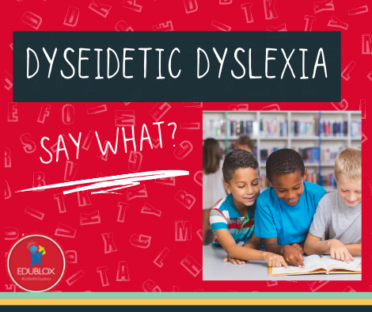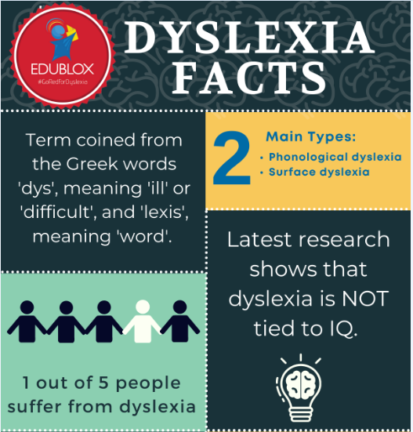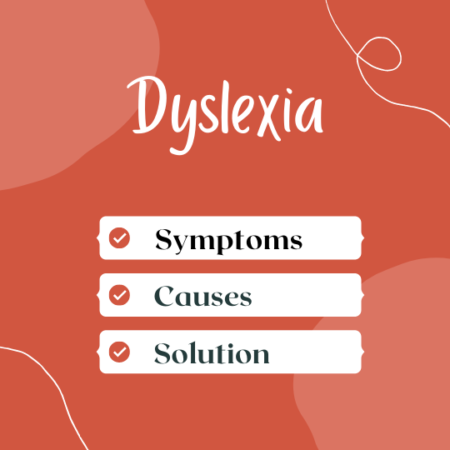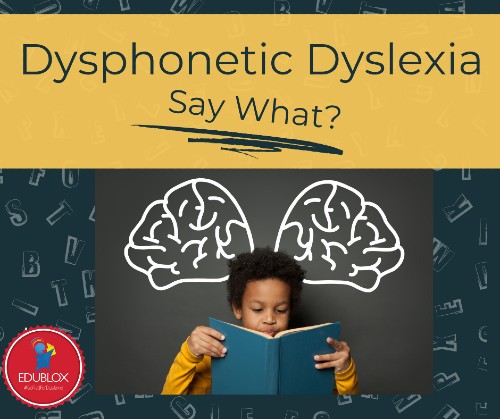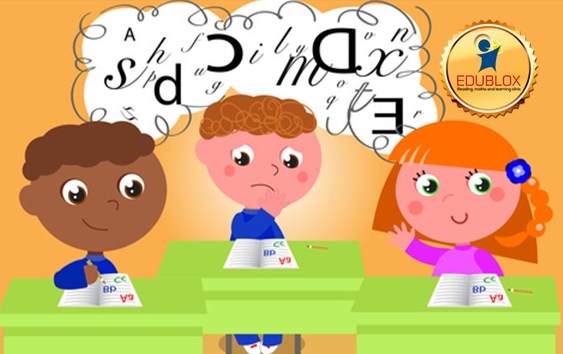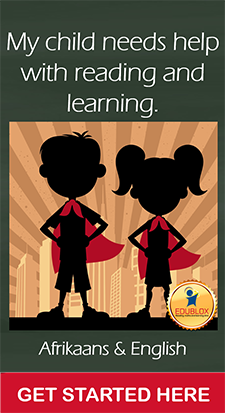Dyslexia Symptoms and Signs
The signs and symptoms of dyslexia differ from person to person. However, some of the most common signs of dyslexia are outlined here.
Read MoreDyslexia and the Brain
Developmental dyslexia is considered a neurodevelopmental learning disability, estimated to affect between 5 and 13% of the population. This article reveals the differences between the dyslexia brain and typical brain, based on the latest research.
Read MoreDyseidetic versus Dysphonetic Dyslexia
The prominent characteristic of dyseidetic dyslexia, also called visual dyslexia, is the inability to revisualise the gestalt of the word. Dysphonetic dyslexia, on the other hand, is associated with auditory-processing difficulties.
Read More14 Facts About Dyslexia
The term dyslexia describes a severe reading difficulty. While a lot of uncertainty continues to surround dyslexia, here are fourteen facts.
Read MoreDyslexia: Symptoms, Signs, Causes and a Solution
What is dyslexia? What are the symptoms and signs of this learning disorder? What are the causes, and is there a solution? Edublox investigates.
Read MoreWhat Is Dysphonetic Dyslexia?
Children whose reading difficulties relate to auditory-processing weaknesses have been called auditory dyslexics or dysphonetic dyslexics. They tend to have good visual processing skills, but have difficulty remembering letter sounds, analysing the individual sounds in words, and blending sounds into words.
Read MoreHelp, My Child Has Dyslexia (Part 5)
No one can ever prepare a parent for two things: the immeasurable love that comes with having a child; and the sorrow and confusion that comes when your child appears to learn in a different way from other children. Knowing that literacy is key to success in both school and employment settings and society at large, can fill a parent with fear.
Read MoreHelp, My Child Has Dyslexia (Part 4)
Imagine how a parent feels if, despite doing all the right things - such as buying them lots of children’s books and reading to them every night - their child struggles to learn to read when they start school. It comes as a total surprise in that there is no apparent reason why this should happen...
Read MoreHelp, My Child Has Dyslexia (Part 3)
Dyslexia isn't just an academic and individual problem; it's also a family problem. Having a child with a learning problem impacts the entire family. Parents, brothers, sisters, and even grandparents become involved, must adjust, and are changed in the process.
Read MoreHelp, My Child Has Dyslexia (Part 2)
Going to school can be a nightmare for children who suffer from dyslexia. The stress and frustration they have to endure as a result of their poor achievement cause them to be reluctant to go to school, develop low self-esteem and have behavioural problems...
Read More




